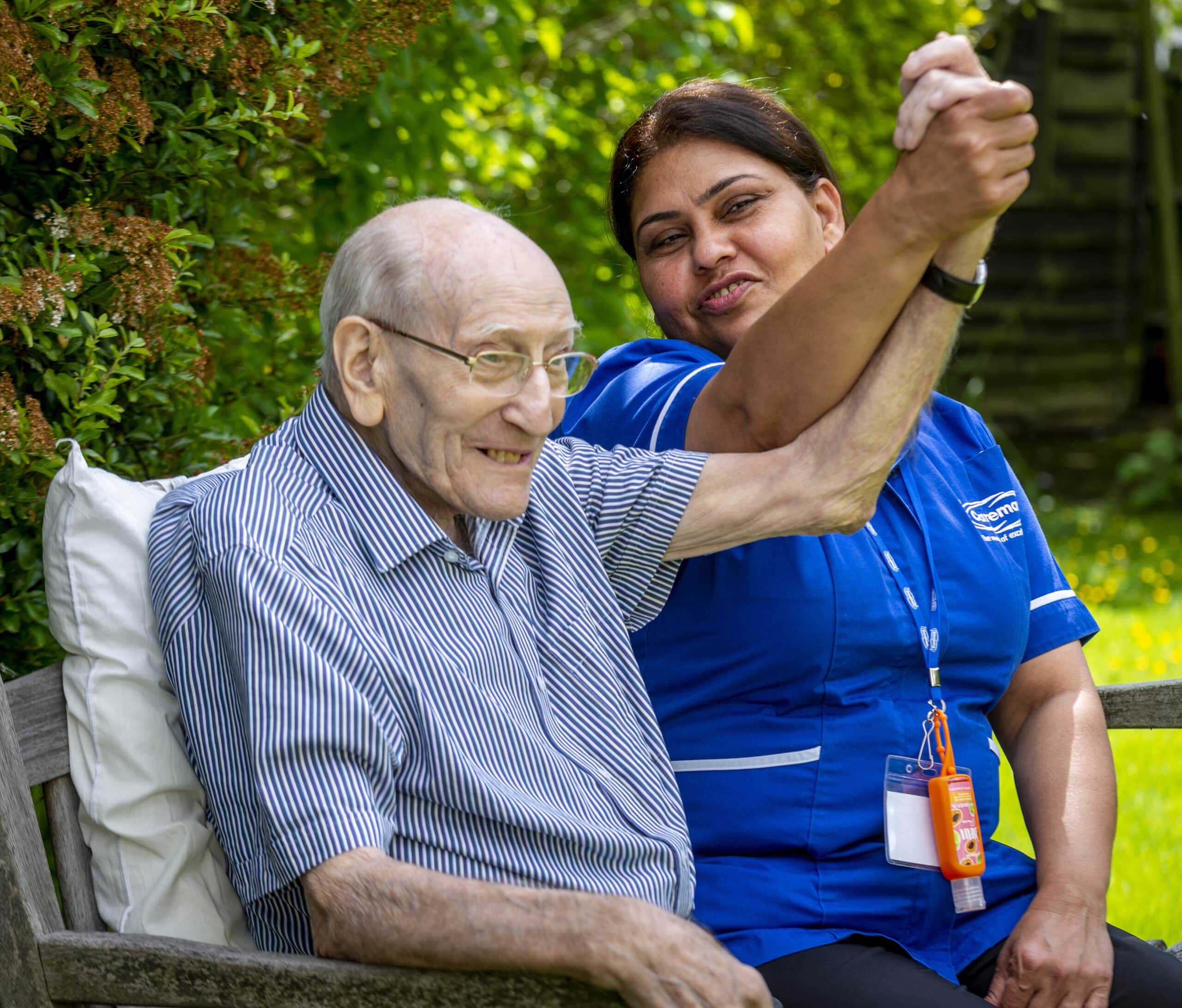Home Care Guide
Your Caremark home care guide for your home care need for Aylesbury, High Wycombe and Buckingham

What is home care:
- Home care is designed for children to the elderly who need extra support to live their life to the full whilst retaining their independence at home
- Caremark delivers your own carer to your door to support you with a wide variety of tasks to maintain a happy, fulfilling and independent life
- Home care is an alternative to care homes, as the care is delivered to you in your own home without having to move to a care home, this is most cost effective and supportive route, and you get to live in the home you love and cherish
What does home care look and feel like:
- Carers can support you for 30mins per session as many times a day as required. You will be matched to a carer whose skills and values match your requirements. Carers in essence become an extended part of your family and you will build a professional relationship with them. Their role is to promote your independence and support you with activities that you need to live a fulfilling life
- Carers attend your home when you want them, with the same carers/care teams supporting you when you want and need them
- It can be strange having someone support you in your own home, but at Caremark we value your independence and want you to live a happy life in your own home.
There are different lengths of support that can be
- One off care: or care done for a specific length of time, such as recovering from an physical/mental illness or even after an accident where a bone if fractures, for example
- Recurrent care: multiple care calls undertaken each day for a prolonged period of time to support you with daily tasks
- Night care: carers stay in your home overnight to make sure you’re safe, they can be sleeping carers when they can be woken if you need them, or waking where the carer stays awake to provide immediate support as and when this is required
- Respite care or short break care: these are planned or emergency periods of time to provide a time specific break for families/carers or clients
- Live in care: this is when a carer lives in your home to provide 1:1 24/7 care, they provide a full holistic approach to your care needs, this is when care is required continuously or for those with variable care needs throughout the day and night. This is a similar process to being in a care home in your own home! The advantage of this method is 1:1 care whereas in a care home facility, you are amongst others and this care is not 1:1. You also get to choose your own career from our profiling database
How are carers trained:
- All of our Caremark carers are undergone extensive training within our training academy, and all have enhanced DBS check, providing you with that extra reassurance. Carers then must pass multiple reviews throughout the year, continue their learning and are supervised using a set of field care supervisors, overseen by a nurse, care manager and medical doctor
What care teams can provide you or a loved one with:
- Personal care (washing, bathing, changing clothes, continence care)
- Medication support (assisting, prompting and providing medication either in tablet form, liquid form, creams and inhalers, for example)
- Meal and drink preparation (working with you to chose meals and help prepare food and hydration, including doing your shopping!)
- Mobility support (support acquiring the appropriate mobility equipment and supporting you use it)
- Domestic support (supporting you with cleaning, washing, dusting, vacuuming, ironing)
- Emotional support (companionship, supporting you communicate with friends and family)
- Accessing the community (supporting you to gain confidence in the community by attending clubs social activities)
- Supporting with complex care (such as feeding tubes, oxygen, stoma care, seizure care and wound care)
What types of people will benefit from home care?
Those with:
- All physical disabilities
- All dementia types
- All mental health conditions
- Complex care needs (such as PEG feeding,
seizure management or oxygen support) - Neurological conditions
- Learning disabilities
- Sensory impairments (hearing or sight difficulties)
- Accidents/trauma (such as after a car accident)
What about using technology in your own home:
- Wearable technology (such as watches and wristbands)
- Falls technology (falls sensors)
- Seizure technology (seizure sensors)
- Life-line technology (wearable lifeline technology)
Speak to us today to support you arrange a free technology assessment!
How is home care financed:
- There are two main funding streams, private and full/part financing through the local council.
- If you want private care, then you can contact us directly
| Caremark Aylesbury, High Wycombe, Buckingham | Caremark Milton Keynes |
| 01296 641 662 aylesbury@caremark.co.uk www.caremark.co.uk/aylesbury-and-wycombe | 01908 372 376 miltonkeynes@caremark.co.uk caremark.co.uk/milton-keynes |
You may also be eligible for funding through the council (there are a variety of options than can be available to you): If you want to seek further guidance on how to get financial help for home care, speak to
| Buckinghamshire council | Milton Keynes |
| 01296 383204 email: ascfirstresponse@buckinghamshire.gov.uk | Adult Social Care ACCESS Team contact information: 01908 253772 Access.Team@Milton-Keynes.gov.uk |